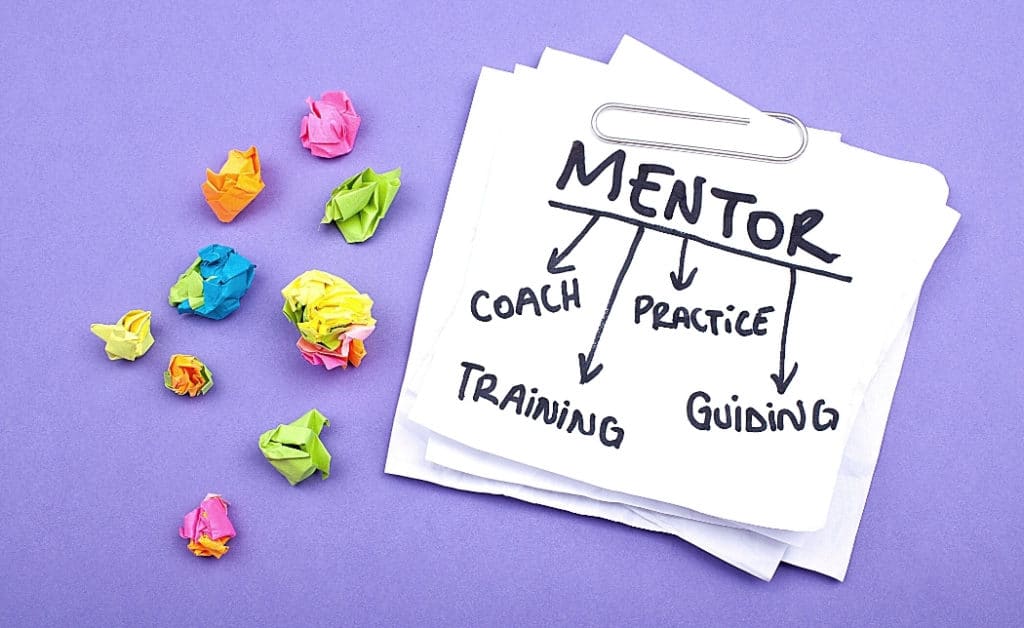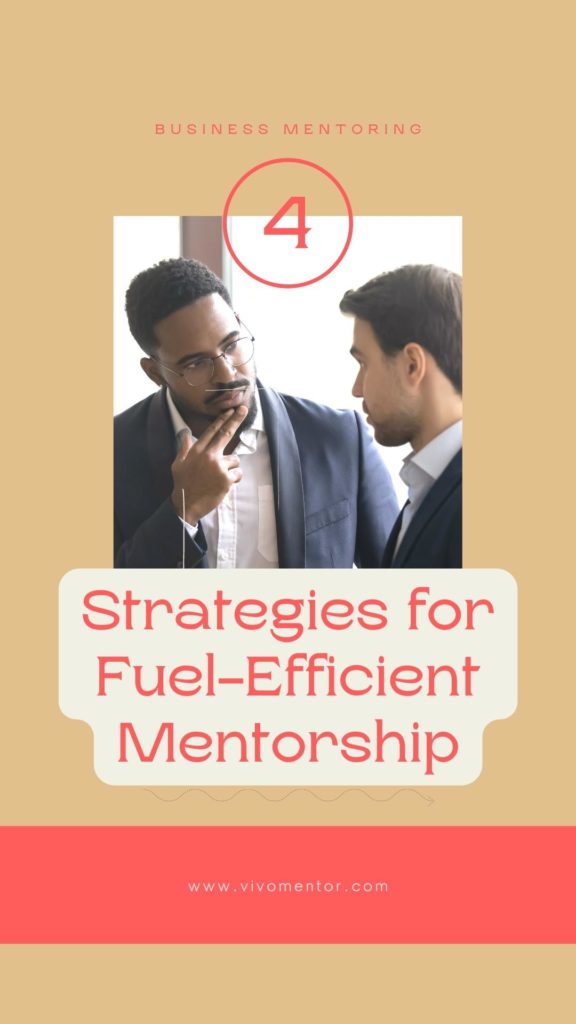Are you familiar with strategies for fuel-efficient mentorship? As a mentor, it gets to a point in your mentorship career that you would have many mentees to attend to, and this should take bulk of your time.
When it gets to this, having the time to give each mentee the necessary and needed attention that they deserve becomes a problem; this is where a fuel-efficient kind of mentorship comes into the picture.
The following will offer some strategies for fuel-efficient mentorship that can help anyone achieve their goals.
What is Fuel-Efficient Mentorship?
Fundamentally, in the context of mentorship, fuel-efficiency refers to the ability or capacity to extract knowledge and experience from you as a mentor within the shortest time possible. The higher the ability to do so, the greater the fuel efficiency is said to occur.
To give out the maximum required knowledge to a mentee in a very short time could be stressful, and some might even be led to think it impossible.
However, there are strategies that you could employ to your situation to help you be fuel-efficient in your mentorship, and we talk about a few of these strategies below.
1. Set a Realistic Expectation
Before you begin any session with a mentee, setting up an expectation that is helpful in the long run would help you not venture off into wishful thinking.
Change does not happen overnight, and different people would respond in various ways to whatever it is you give out. A few would be able to grasp faster than the others, which is due to each individual’s different abilities.
Keeping this in mind, you could deduce what timeframe a mentee is supposed to grasp and learn. If you imbed the assumption that all hands are equal and that all individuals respond in the same way, then you would be making a mess.
Instead, your expectation should be based on all individual’s abilities; this way, you would know when to end a relationship with a mentee and to begin with another or focus more on a mentee.

2. Peer to Peer or Group Mentorship
Most of the time, when you mentor a mentee, you find out that the lessons you share with the mentee and the problem they face are quite the same as several others.
Instead of dealing with this same set of the problem of different mentees at separate times, like the traditional way of mentorship; where you sit down one on one with a mentee.
You could have a schedule for these mentees to have a joint session with you. To do this effectively, you don’t do it at the beginning of the mentor-mentee relationship stage, but after these mentees have come to trust and know you.
A peer to peer session would also help the mentees to be able to relate empathically with others who face this same set of problem, this way they don’t think that they are alone in the journey—something that could produce a feeling of alienation.
Instead, they would relate with different personalities who go through the same problem and how they found solutions to them. It won’t only save you from a lot of stress, but it would also save you time.

3. Have a Structured Plan for Mentorship
Although this would sound like something that all mentors are supposed to have, most mentors often do not follow a structured plan when mentoring.
The stress and waste of time that comes without an organization cannot be overemphasized. When you have a structured plan to follow, and you give your mentees a note of each meeting’s agenda, it allows each party to become aware of exactly what is supposed to happen without beating around the bush at each meeting.
If you both come to a session with a few items for discussion, you come to such a meeting knowing you have business to deal with.
Additionally, having a structured plan does not mean it would be solid and rigid without any changes to the plan if there is a call for it. Plans should be as fluid as possible to enable the agenda change as time goes on, but this should be done with a remainder at the back of your mind that there shouldn’t be room for redundancy.
4. Budget How Much Time you Spend on A Mentee
It would be beneficial to both parties that you budget how much time would be spent per session. For instance, if you initially spend about 30 minutes per session on a mentee, it could be brought down to 20 minutes per session depending on the need of the mentee.
What is a Business Mentor Relationship? Entrepreneurial Mentorship
From the video: Hi guys in this video we’re going to be talking about entrepreneurial mentorship, what is it, how does it work, how does it benefit you, and how can you get involved. All right Sean so I want to talk about entrepreneurial mentorship. It’s a mouthful but what is it, what’s it all about.
That’s a very good question obviously, the whole entrepreneurial industry is new and fresh, if you look not too back into the distant future it was something that was spoken about in dark corners, but everybody’s involved in it now. Like everybody wants to be involved in multiple streams of income or multiple types of business which you know it’s not the one thing you’re sticking to.
Entrepreneurial mentorship is what it sounds like, it’s mentorship and advice and coaching for people who have that entrepreneurial spirit or they’re doing multiple things at once and helping fill the gaps. So how do you find a person to be your entrepreneurial mentor. It’s a good question I think. It’s like any type of mentor, if you’re in a particular field, you want to identify and find somebody who’s doing what you want to be doing.
Summary of Strategies for Fuel-Efficient Mentorship
Many people are looking for ways to become more efficient. Some want to be more productive, while others just want a few quick tips on how to cut down on their time spent at work.
Be intentional about what you’re doing and try to plan out your day in advance so you know exactly what tasks need your attention and which ones can wait until later.
This will make it easier for you to focus on the task at hand without being distracted by other things going on around you or trying to multitask with several different thoughts in your head all at once.
As you have seen, these are strategies that you could use to become fuel efficient in your mentorship.
